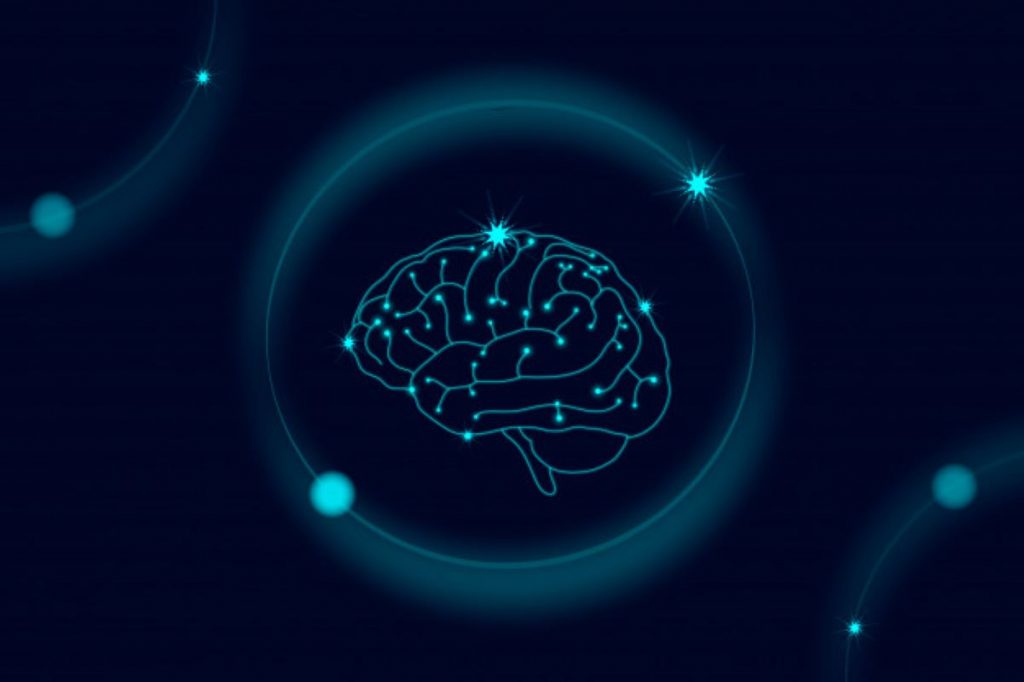Incidence of Non-Motor Seizures in Parkinson’s Disease


Case Presentation An 82-year-old woman was having Incidence of Non-Motor Seizures in Parkinson’s disease with episodes of protracted confusion and unresponsiveness without recollection of her actions. Medical History At the age of 76, Clinical Exam An electroencephalogram (EEG) was obtained and the video displayed left temporal sharp wave and focal left temporal slowing. Fig 1: […]
Sleepwalking and REM sleep Behaviour Disorder Linked to Parkinson’s Disease in Men


Introduction Even though Parkinson’s disease is a movement disorder, several non-motor features such as REM and sleep behaviour disorder have been frequently observed. Previous studies have proposed sleepwalking to be highly prevalent in Parkinson’s disease patients. Objective To assess whether probable sleepwalking, either alone or in conjunction with probable REM Sleep Behaviour Disorder is associated […]
Does Sialorrhea Indicate Greater Dysfunction in Parkinson’s Disease?


A novel research indicates that sialorrhea i.e. excessive drooling demonstrated by advanced Parkinson’s disease patients could be an indicator of greater motor and non-motor dysfunction. A study comprising of 101 Parkinson’s disease patients collected data on motor symptoms by assessing total levodopa equivalent daily dose (LEDD). The assessment scales used were Unified Parkinson’s Disease Rating […]
Robotic Method Marks the End of Uncertainty in Parkinson’s Hallucinations in Disease


A study comprising of 26 patients with Parkinson’s disease (PD) utilized a robotic method to initiate “presence hallucinations” and found that altered sensorimotor processing in the frontotemporal network could be the cause behind hallucinations that are experienced by the PD patients. These findings led to the identification of the neural network that is responsible for […]
Next generation DBS system for movement disorders receives Green Flag from FDA


The FDA recently approved Medtronic’s technologically advanced deep brain stimulation (DBS) system that has been designed to target motor symptoms in Parkinson’s disease, dystonia or essential tremor in a precise manner. The SenSight Directional Lead System for DBS therapy integrates the sensing capability that allows real-time monitoring of brain signals and a directional lead that […]
